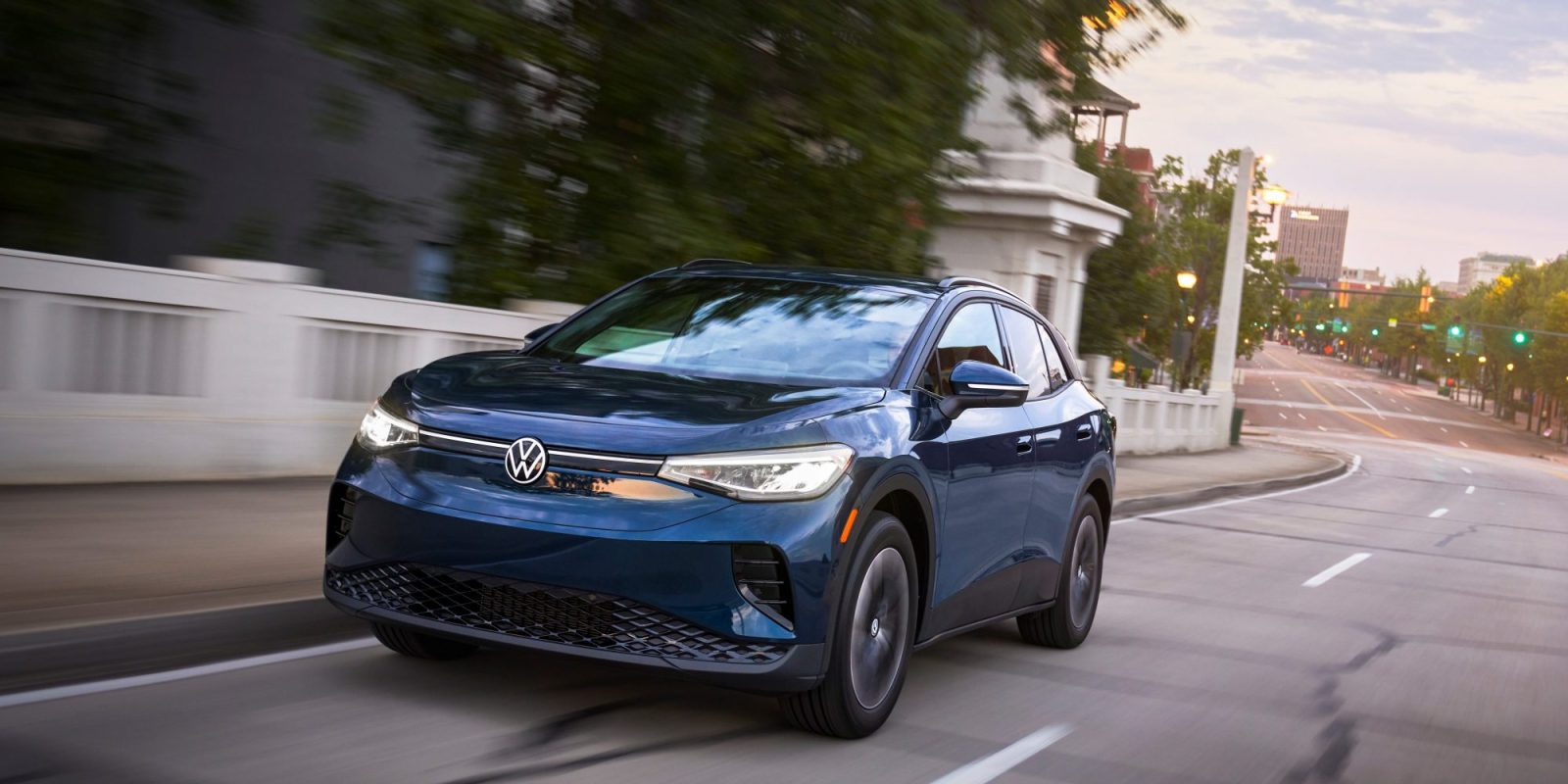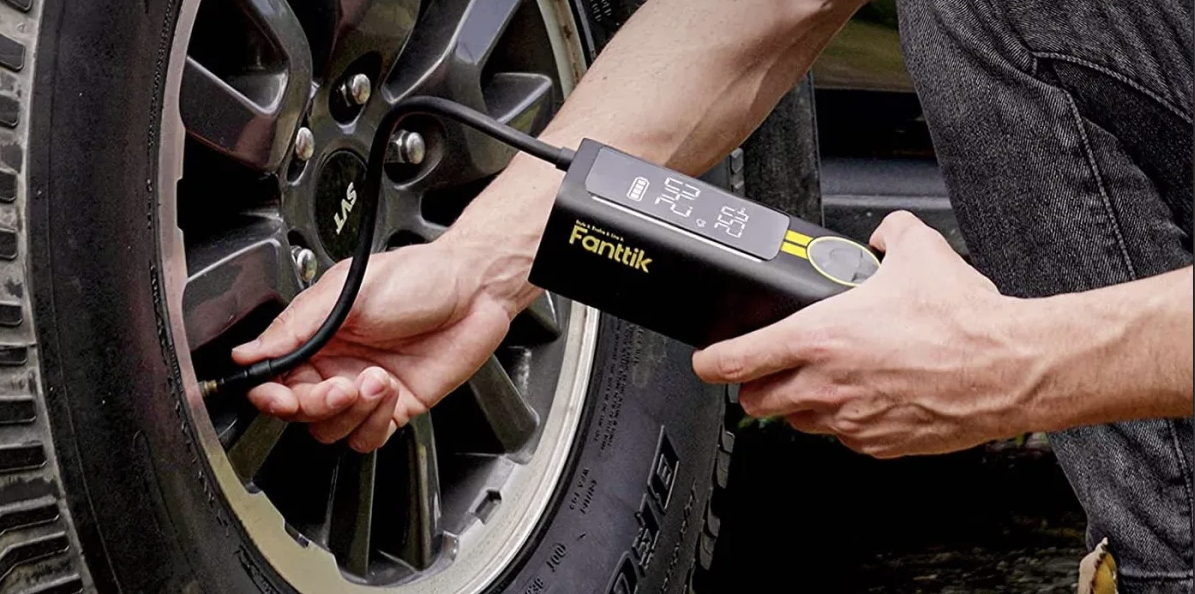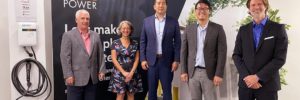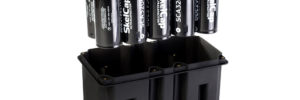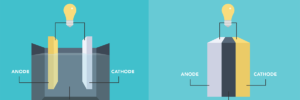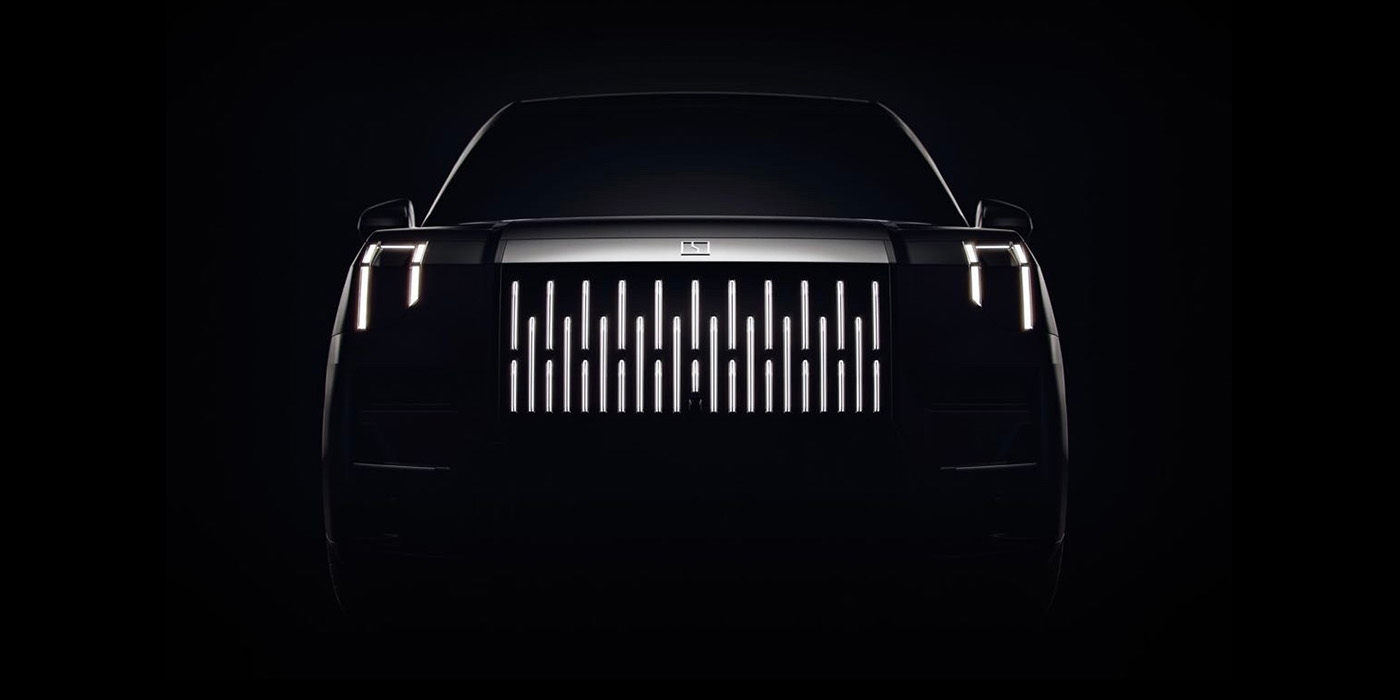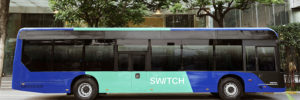
Commercial EV builder Switch Mobility has entered into a strategic collaboration with Chalo, an Indian transport technology company, for the deployment of 5,000 electric buses across India.
Switch Mobility was formed from elements of bus OEMs Ashok Leyland and Optare. The company says it has put 300 EVs on the road, in both developed and developing markets.
Chalo provides services for bus passengers, and says it has partnered with more than 2,500 bus operators in 40 cities. The Chalo App provides live tracking of buses, and the Chalo Card is a contactless tap-to-pay travel card.
Under the new partnership, the two firms will jointly invest to deploy electric buses in cities where Chalo is present. Switch will supply and maintain the electric buses, and Chalo will provide its Chalo App and Chalo Card, and will also determine routes, frequency, schedules and fares.
Switch will supply variants of its recently launched EiV12, which are produced at the company’s manufacturing hubs in India and the UK.
“Our engineering expertise across the UK, Europe and India and new product range across all three of our key markets leaves us well positioned to continue to grow our order bank and meet the challenges authorities and operators face in decarbonizing their bus network,” said Andy Palmer, CEO of Switch Mobility.
“We aim to transform the urban mobility in the country by leveraging Chalo’s strong customer connect and operational expertise along with our technologically advanced electric vehicle products,” said Mahesh Babu, CEO of Switch Mobility India.
“Buses make up 48% of India’s daily travel, and yet we have just 3 buses for 10,000 people,” said Mohit Dubey, co-founder and CEO of Chalo. “Growing bus fleets and providing high-quality buses are key to achieving Chalo’s purpose of making travel better for everyone. Last year we finalized a project to add 1,000 new buses in three of our cities. Today, we are glad to partner with Switch on a scale that is 5x larger.”
Sources: Chalo, Switch Mobility
Source: Electric Vehicles Magazine
